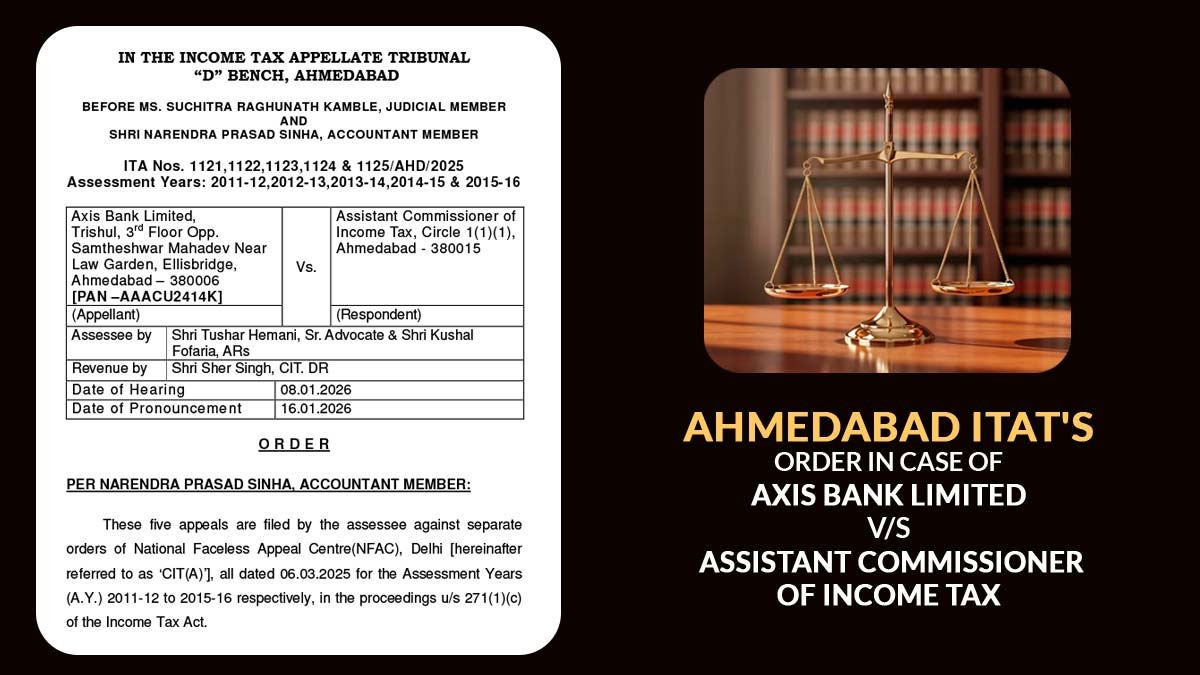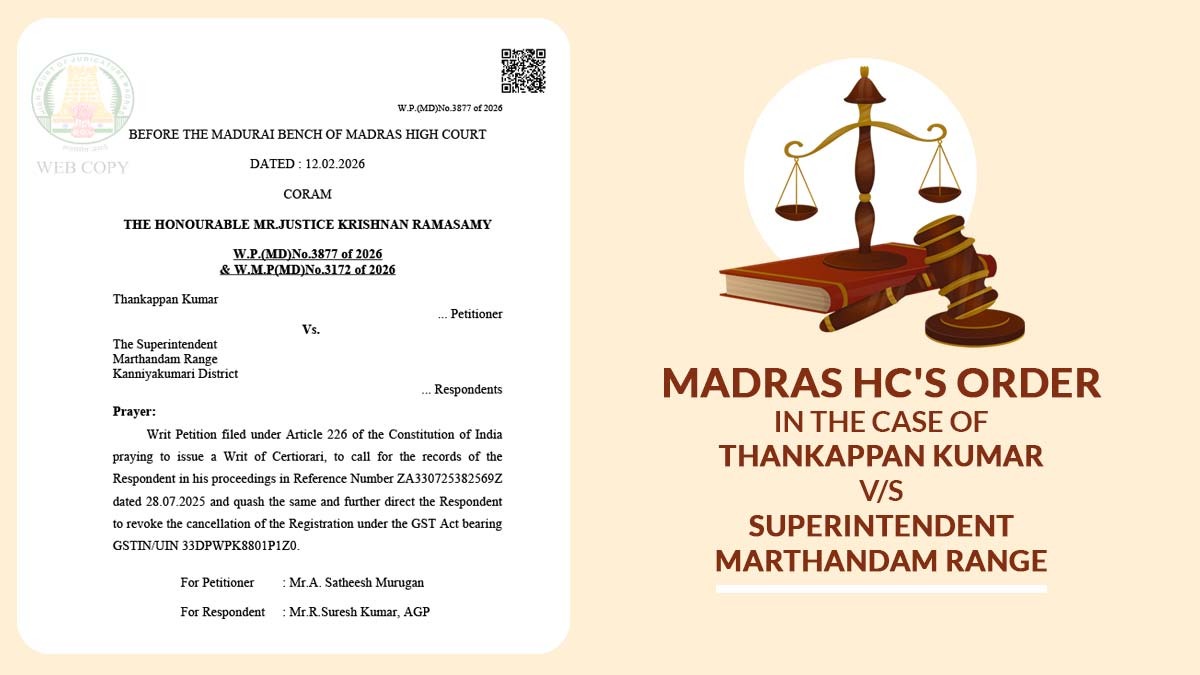When the GST was introduced on the midnight of July 1, 2017, many pundits termed it as “India’s second tryst with destiny”. Tryst though is a not an appropriate word to describe a landscape changing move like GST. India as a country has long been plagued by tax evasion and black money. Hence to romanticize a move like GST was in plain terms “unfair”. To quote PM Narendra Modi from his speech on the July 1st, 2017, “Our strength lies in small businesses and they will feel more secure with GST, Consumer and small businesses will gain tremendously”.
This was exactly what GST was meant to do i.e Ease uncalled business compliances as well as long-standing monopolies. It has been still less than a year since the GST was introduced but the impact has been huge. While the scale of the impact, either positive or negative, is for the pundits to ponder and decide upon. For now what we can say for sure that the GST has delivered on half of its promises by disrupting the very framework that long-standing businesses were built upon.
Miller Ganj and the Story of a Lost Cause
The World Bank ranked Ludhiana as the city in India with the best business environment in 2009 and 2013 (source Wikipedia). But two years since Demonetization and GST, the city is now a pale shadow of its once-booming commerce environment. The once upbeat lanes in the small locality of 1,000 small and medium businesses are struggling to echo the buzz and enthusiasm of the past. Populated mainly by small-scale enterprises like sewing, metal fabrication, cycle and automobile spare parts etc., the noisy neighbourhood is now tethered to stillness due to capital blockage from Credit Claim issues under GST.
There is also a different narrative to the whole scenario. A few industry experts say that it was their own actions that led to the present downfall. Black Money dealings from the once flourishing ‘Kacha Bill System’ faced a major roadblock since Demonetization and the GST. This resulted in a major overhaul of the industry where most practitioners of the illegal practice where flushed out over the last two years.
Ashok Uppal and his brother Rajinder Uppal have witnessed the good old days as well as carry first-hand account of the present regime. While pointing out towards the current state of affairs, Ashok says, “It has been a mix of everything. The GST levelled the playing field for all.”
The difficulty in getting tax refunds is a common complain that echoes throughout the business community in the region. The resulting tax crunch has on the already cash-starved sector has driven businesses out of operations. “There are smaller manufacturers who have at least Rs 500,000 to Rs 20 million stuck with the tax authorities as they are not getting their GST refunds,” says Uppal. Most have their hopes now pegged on the soon to be introduced single and simple GST return form. The single return form will reportedly eliminate the mismatch issue that plagues the current return filing procedure which compares the input claims from buyers with that of the returns filed by their sellers in the first place.
Manufacturers VS Traders
China and the changing International trade Environment must also be blamed for the same. The last year witnessed an upsurge in steel demand following the broad-based recovery in key markets like USA, China, Europe, and Japan. The immediate impact of recovery was increased cost of raw materials.
Manufactures felt duped over pricing. SB Singh, CEO of Taaran Industries, says, “Many manufacturers believe they are not getting the desired price”. The recovery could take a year or so.
GST – The Silver Lining
Amidst the gloom and transition issues, there are those who have their hopes pinned on the GST. Hari Mittal, Plastic & Polymer Manufacturers, says “Thanks to the GST, the problem of people buying in black has gone down, which has helped in reducing competition, making it a level playing field. Profits have also firmed up since GST”. There is also a strong undercurrent of Legitimate business practitioners who believe that despite its bitter taste, the GST was a necessary medicine for the economy. “I believe with the GST it is more of a perception problem than anything else,” adds Mittal.
Read Also: 28th GST Council Meeting: Major Issues Under Upcoming Discussion
An immediate after effect of GST was going to be structural disruption of long-held business practices. However, this does not mean that issues with ITC claims as well as the complexities in the return filing procedures can’t be ignored. The multiple tax slabs have impacted MSME industries. The Government needs to attend the issues with immediate effect.










